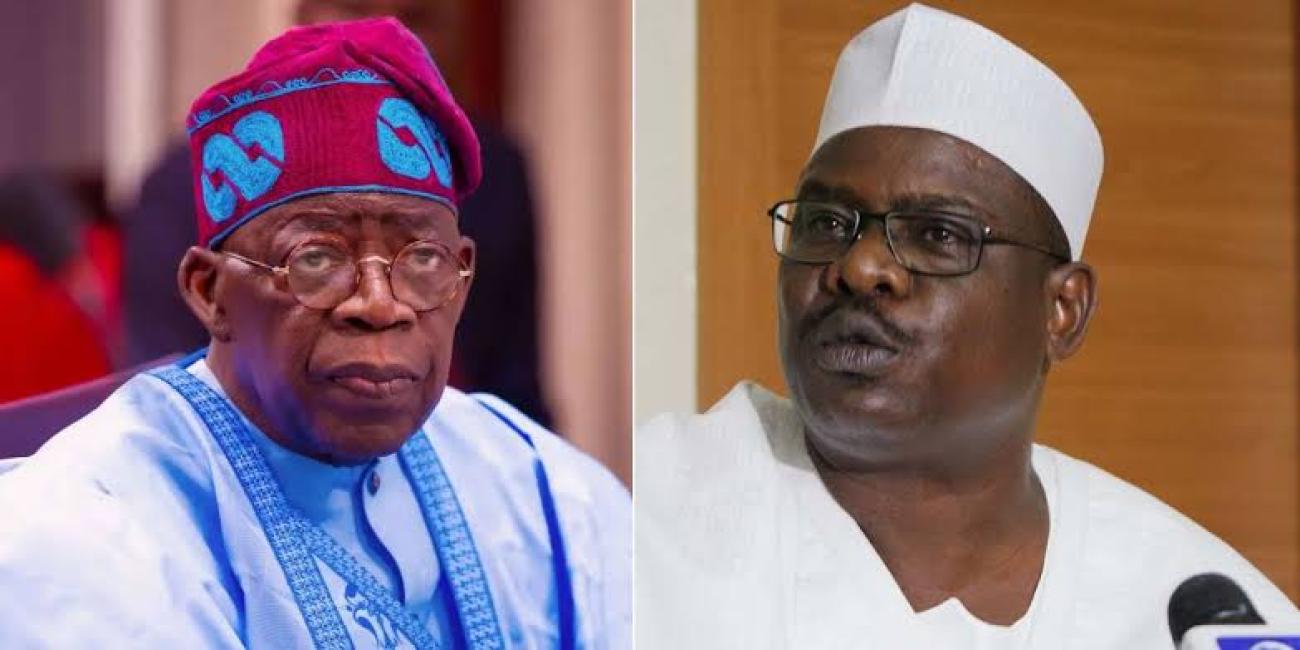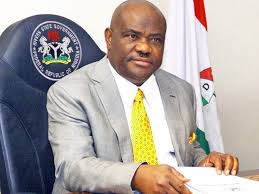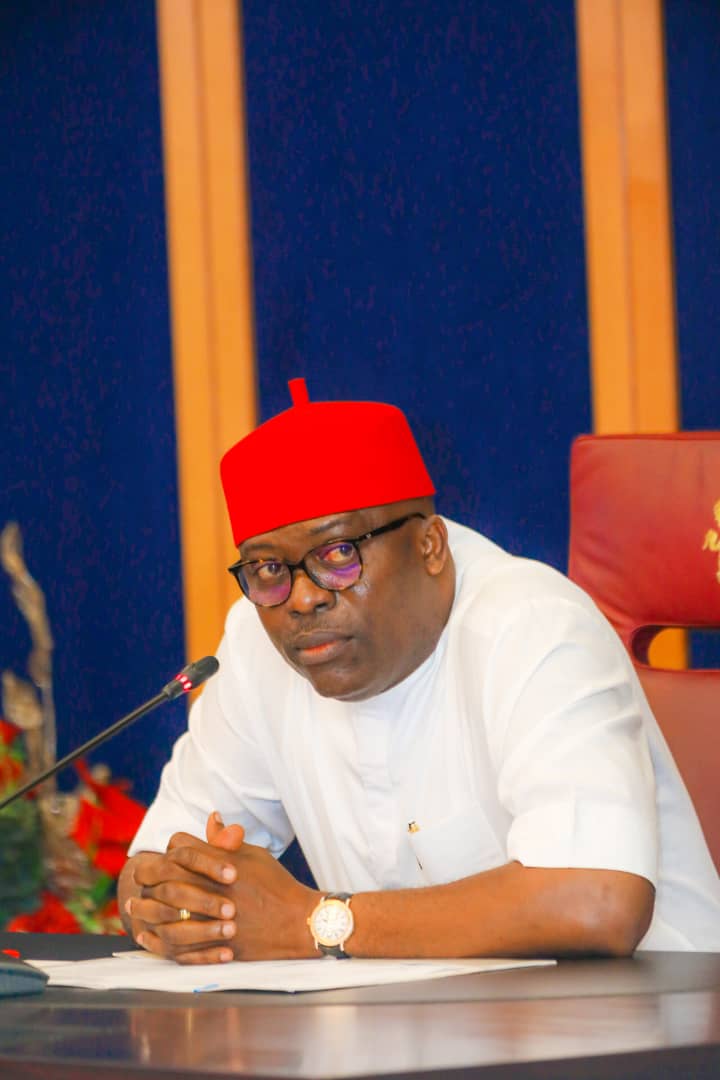In a stunning revelation that has sent shockwaves through Nigeria’s political landscape, Senator Ali Ndume, a senior lawmaker from Borno South and prominent member of the All Progressives Congress (APC), has raised the alarm over what he describes as reckless and untraceable borrowing by the President Bola Tinubu-led administration.
Speaking during an interview on Arise TV, Ndume claimed that over ₦13 trillion (approx. $9.45 billion) has been borrowed since the administration took power — but with little to no visible impact on national infrastructure or economic reform.
“I am not against borrowing,” Ndume said.
“But borrowing must be for something tangible, physical, and accountable. What are we borrowing for? Where is the evidence?”
Ndume didn’t hold back. He provided a rundown of multi-billion-dollar loans allegedly secured without due oversight, questioning their relevance and transparency:
- $500 million in June 2023 for “women programmes”
- $800 million the same day for post-subsidy cushioning
- $700 million in September 2023 for adolescent girl empowerment
- $750 million in December 2023 for renewable energy
- $1.5 billion in June 2024 for economic reform
- $750 million again in June 2024 to “stabilise the economy”
“Where are the women these programmes helped?” he asked pointedly.
“If poor people were truly receiving these funds, wouldn’t someone have stood up to say thank you?”
Even more troubling, Ndume alleged that many of these loans never received Senate approval and were buried inside the Medium-Term Expenditure Framework (MTEF) — a planning document that does not give carte blanche to spend.
“This isn’t how democracy is supposed to work,” he warned.
“Each loan, each item must be accounted for. You can’t just bury billions in vague programmes and expect us not to ask questions.”
According to Ndume, these borrowings are “intangible, non-infrastructural, and difficult to justify.” He insisted he would have supported even more borrowing if the funds were used for railways, roads, and power projects that could actually transform the economy.
THE DEBT IS RISING — AND SO IS THE ANGER
Ndume’s warning comes amid soaring national debt and anxiety among citizens already grappling with inflation, unemployment, and an overstretched economy.
Analysis of the Central Bank of Nigeria’s Q4 2024 report reveals that the Tinubu government spent a jaw-dropping ₦2.199 trillion on debt servicing alone — exceeding both the ₦2.067 trillion budgeted and the ₦2.055 trillion spent in Q3.
Compare that to Q4 2023, when the figure stood at ₦1.876 trillion — a sharp increase reflecting both ballooning debt and currency devaluation.
The report also noted:
- Public debt stock hit ₦142.32 trillion by end-September 2024
- This represents 51.29% of Nigeria’s GDP, up 5.97% from June
- Federal Government accounts for ₦117.6 trillion of the total debt
- Domestic debt makes up 51.60%, while external debt is at 48.40%
While the government insists Nigeria remains within the 70% debt-to-GDP ceiling for market-access countries, critics warn that it’s not the percentage — but the priorities — that are suffocating the nation.
“We are mortgaging the future on invisible promises,” Ndume warned.
“You don’t borrow billions just to pay lip service to the poor. We must demand accountability — now more than ever.”
As pressure mounts and questions pile up, the real debt Nigeria may soon face isn’t just financial — but moral and generational.





